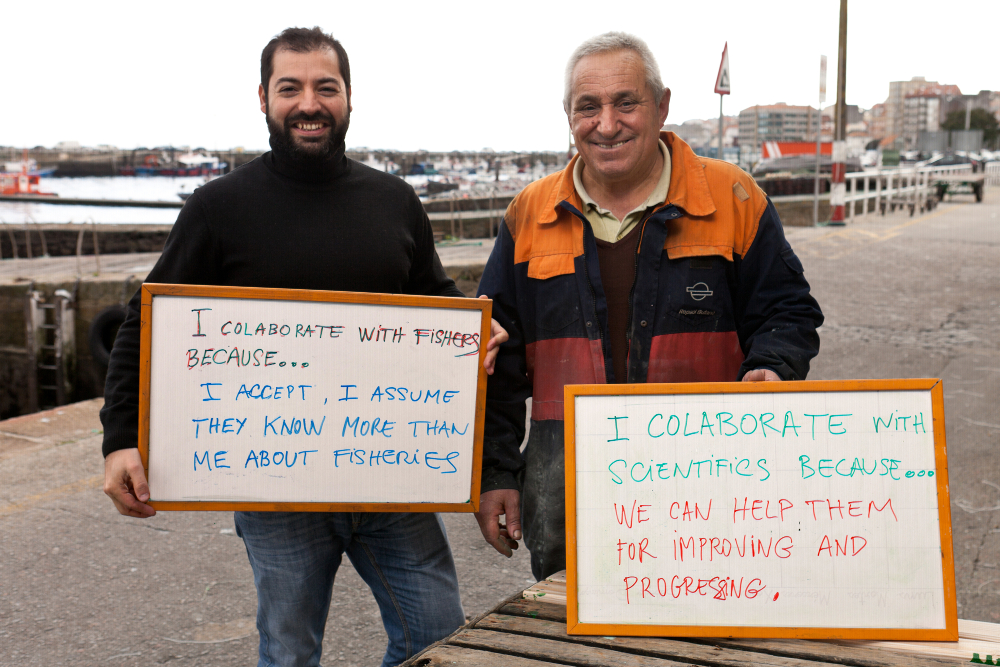Europe’s fishermen to get blue credentials
Imported farmed species such as pangasius and tilapia have meant that often sales of European cod and haddock can be left struggling to catch up.
‘In the shop they look very similar,’ said Petter Olsen of Norwegian food-research institute Nofima. ‘If a consumer is not very conscious, it’s easy to pick one piece of fish because it happens to be cheaper, rather than the cod or the haddock.’
His research team has studied supply chains in Europe and Asia to help them develop a standard that enables fishing firms to show the environmental impact of their catch, giving them an edge over products whose journey to the same supermarket shelf has been thousands of kilometres longer.
“‘We want it to become the norm that scientists work with fishermen.’
‘They can supply the information on where the fish came from, exactly where it was caught and when it was caught, how much fuel was used,’ said Olsen.
It’s all part of a joint research project known as WHITEFISH that included fishing industry groups across the European north Atlantic, from Norway and Sweden to Iceland, the Netherlands and the United Kingdom. The project finished at the end of last year, and now they’re just dotting the ‘i’s and crossing the ‘t’s on the final version of the standard.
Small-scale
It means that small, one- or two-boat fishing outfits will be able to compete in Europe against fishing conglomerates, as it’s easier for them to show supermarkets that they operate sustainably.
‘They only have a limited number of vessels,’ said Olsen. ‘They only go to a limited number of places.’
The EU-funded project has allowed fishermen to take an active role in showing their worth to food firms as they choose which catch to buy. It comes in the wake of a broader initiative to enable Europe’s fishermen to participate in designing fisheries policy.
In the past, policymakers have worked with biologists and environmentalists to work out how best to manage fish stocks, with the fishermen left largely out at sea.
‘We want it to become the norm that scientists work with fishermen to conduct fisheries research, and for the fishing industry stakeholders and scientists to be considered valuable partners in the policy-making process,’ said Steve Mackinson, from the Centre for Environment, Fisheries and Aquaculture Science in the UK.
He heads up a Europe-wide effort to get fishermen involved in designing research questions and helping to manage investigations.
Using this technique, the project, known as GAP2 – GAP1 finished in 2009 – has looked at issues like making sure brown crab fishing in the UK is sustainable, and the best way to catch Spanish red shrimp without depleting stocks.
The project even released a handbook for participatory research, which outlines techniques for facilitating collaboration that are broadly applicable across any research field.
‘Making science that resonates with fishermen, doing that bit together but fitting it within a policy framework that allows it, accepts it, and enables it to be useful, that's the reason we set out to do this,’ Mackinson said. ‘Policy bodies are more alive than ever to the idea that society should be actively involved in research.’





